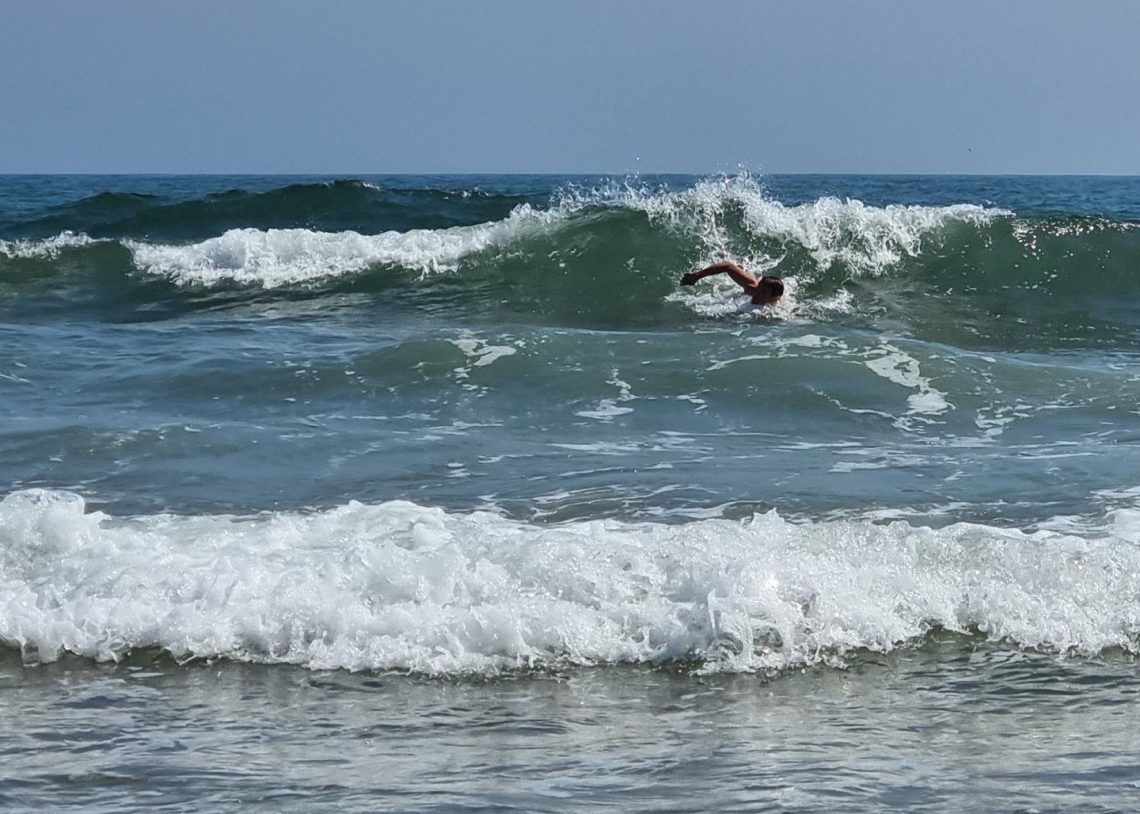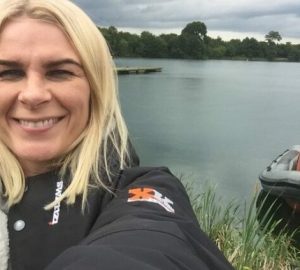
Don’t miss out on the joys of outdoor swimming because of sewage pollution
Sewage pollution is a scandal but it doesn’t mean the end of wild swimming
I have a dilemma. Like many of you, I’m disgusted about the amount of sewage in our waterways. I’m therefore delighted that cleaning up our water has become a hot political issue. Government action is needed, and voter sentiment drives political change. Sewage pollution is wrong for many reasons including stopping people from swimming. In my Twitter feed I see ever more comments like: “Swimming in sewage is not for me I’m afraid.” Fair enough. Nobody wants to swim into a floater. But judging by some people’s reactions, you might think I was suggesting they swim in open sewers. In reality, our water quality is often excellent and your risk of infection is low, as regular swimmers in my local section of the Thames would attest.
Video footage of brown sewage pouring into a blue ocean is great for raising public awareness and anger. It’s not so good for outdoor swimming. The dilemma is: how do we maintain political pressure about sewage pollution and, at the same time, reassure people that it’s (usually) fine to swim? I can hear the critics saying, you can’t have it both ways. It’s either OK to swim, so stop complaining, or it’s not, so stop swimming.
The reality is more nuanced. First, we swimmers, armed with data, common sense and a nose, can assess risks and choose when and where we enter the water. Fish and aquatic plants don’t have that luxury. Reducing sewage pollution is not only about protecting swimmers. Second, although swimmers can pick when and where they enter the water, we can never be fully confident in the quality. We already do risk assessments on currents, tides, temperature, other water users and obstacles in the water. Why should we have to add sewage pollution resulting from underinvestment to the things we worry about? Our knowledge isn’t perfect, sewage spills are sometimes unreported, and the data isn’t always reliable.
I don’t know how to resolve this. Swimming outdoors always carries a risk. For most people, the benefits of swimming far outweigh the risks. Please don’t let the sewage scandal put you off swimming and missing out on all its benefits. While it’s neither desirable nor acceptable, for now we do need to add sewage pollution to the list of risks to weigh up when choosing whether or not to swim. Make use of the resources available to you such as the Surfers Against Sewage Safer Seas & River Service app, the Rivers Trust Sewage Map, and Thames Water’s EDM map. Explore around your swimming spot for possible outfalls and monitor any discharges from them. Trust your instincts and judgement to choose safer times and places to swim. Stay alert, keep campaigning for better water quality, and, most importantly, keep swimming.








